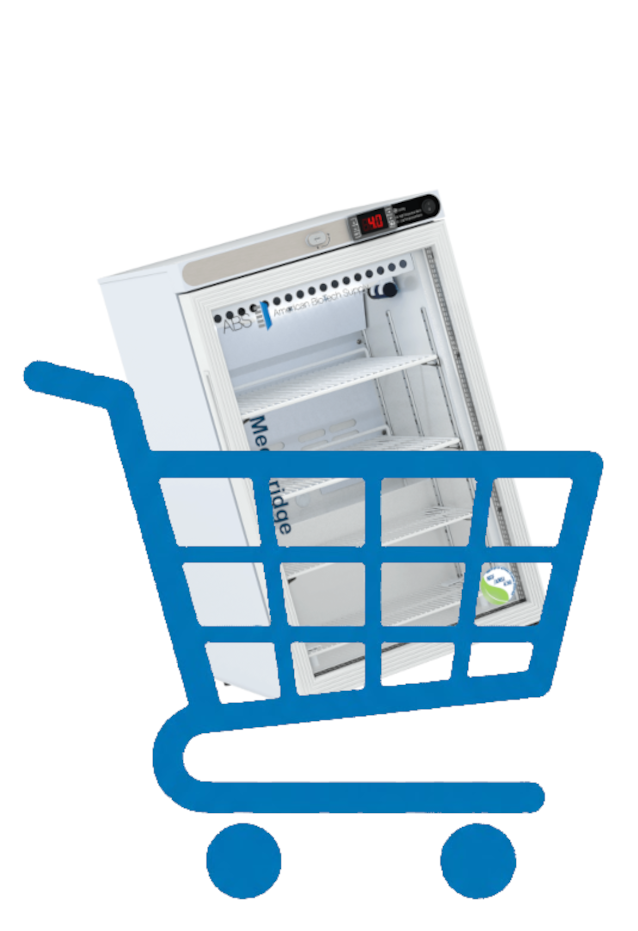Understanding the CDC and VFC: The Programs and Their Requirements

What Is the CDC?
The CDC is a federal agency under the U.S. Department of Health and Human Services. Its mission is to protect public health by preventing and controlling disease, injury, and disability. The CDC conducts extensive research, provides health guidance, and collaborates with local and international organizations to respond to health threats. With over 20,000 employees working in more than 60 countries, the CDC’s reach and influence are vast.
The Role of the VFC Program
The VFC program is a federally funded initiative managed by the CDC that provides free vaccines to eligible children. These include children who are uninsured, underinsured, on Medicaid, or part of federally recognized Indigenous groups. The program serves nearly half of all children in the U.S., helping prevent the spread of vaccine-preventable diseases and reducing health disparities. Each year, the VFC program receives approximately $5 billion in funding, which is used to purchase and distribute vaccines to local health departments and providers nationwide. This ensures that children who might otherwise lack access to immunizations receive the protection they need.
Compliance and Storage Requirements for VFC Providers To maintain the integrity of vaccines, VFC providers must adhere to strict CDC guidelines for storage and handling. These requirements are designed to minimize waste and ensure that vaccines remain effective until administered.
Key requirements include:
Proper Refrigeration: Vaccines must be stored in CDC-approved medical-grade refrigerators and freezers. Dormitory-style or combination units are strictly prohibited.
Temperature Monitoring: Providers must use calibrated digital data loggers to continuously monitor storage temperatures.
Emergency Preparedness: Facilities must have contingency plans in place for power outages or equipment failures to prevent vaccine spoilage.
Staff Training: Personnel handling vaccines must be trained in proper storage, handling, and documentation procedures.
Failure to comply with these guidelines can result in costly vaccine loss, revaccination, and potential removal from the VFC program.
Why It Matters
The CDC and VFC programs are essential to maintaining public health, especially among vulnerable populations. By ensuring vaccines are accessible and properly stored, these programs help prevent outbreaks, reduce healthcare costs, and protect future generations.For healthcare providers, understanding and complying with CDC and VFC requirements is not just a regulatory obligation—it’s a commitment to quality care and community health.
American Biotech Supply
American Biotech Supply offers a full range of professional cold storage equipment designed to meet CDC and VFC Standards. Explore today. ABS | American Biotech Supply

Technical Writer and Marketing Editor
Christine works as a Technical Writer for Standex Scientific. She holds a B.A. in Creative Writing and has used her writing expertise in various companies from engineering firms to non-profits.
